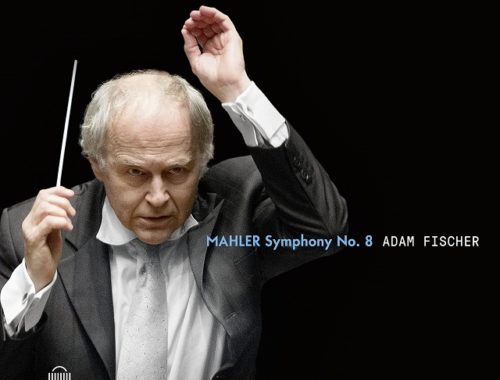Hallé Orchestra, Elder, Bridgewater Hall, Manchester
The connection between Verdi’s Overture to Luisa Miller and Mozart’s G major Piano Concerto No.17 may not immediately have been apparent but a few pages of both quickly pointed up operatic common ground. The curtain was duly raised on two very distinct and vivid dramas.
Mark Elder’s distinguished pedigree in Verdi ensured a stiff following wind for this the prelude to a tale of true love thwarted by prejudice and treachery. Lynsey Marsh’s mellifluous clarinet spun out the anxious coloratura of Luisa herself. Dramatic pauses posed question marks over her fate.
Mozart’s Piano Concerto No.17 poses its own teaser in the opening bars, a theme of courtly elegance unassumingly suggesting a carefree scenario. But never second-guess Mozart. A chill wind now blows in from the Verdi and suddenly Don Giovanni is around every corner. Into this burgeoning drama the young German pianist Martin Helmchen arrived centre stage with a spring in his step, immaculate articulation passing for a tantalising charm. First impressions were very positive. This was poised, tasteful, unfussy playing.
But as a quartet of woodwinds began vocalising around the heart of the concerto (four characters in search of a second act) it slowly became apparent that something was missing from Helmchen’s playing. Now was his chance to show us a songful legato and explore the fantasy implicit in this music. Neither was forthcoming. He seemed to me to dance on the surface of the piece. He conveyed prowess but not much personality.
But the winds of change now blasted through Bridgewater Hall as Elgar’s 1st Symphony – a work born and bred in Manchester, a work with the Hallé written into it – began its long and stormy ascent to defiant affirmation. It is always bracing to come up from London and hear how this hall’s accommodating acoustic opens to a work like this. There is air in the texture, inner parts sing out, there is room for the brass – not least here those sabre-rattling trombones – to excite with impunity. Elder certainly had the measure of the work’s arching narrative. Nothing was forced, nothing exaggerated. The great horn-capped transformation of the finale (and how glorious those horns sounded) was completely inevitable.
But the sound I took away from the hall was that of a pale solo clarinet left hanging on the remnants of the great slow movement. That was doubly moving on a night that saw Manchester’s own Michael Kennedy receive the Elgar Medal and the late Lynne Walker (often of these pages) fondly remembered.


